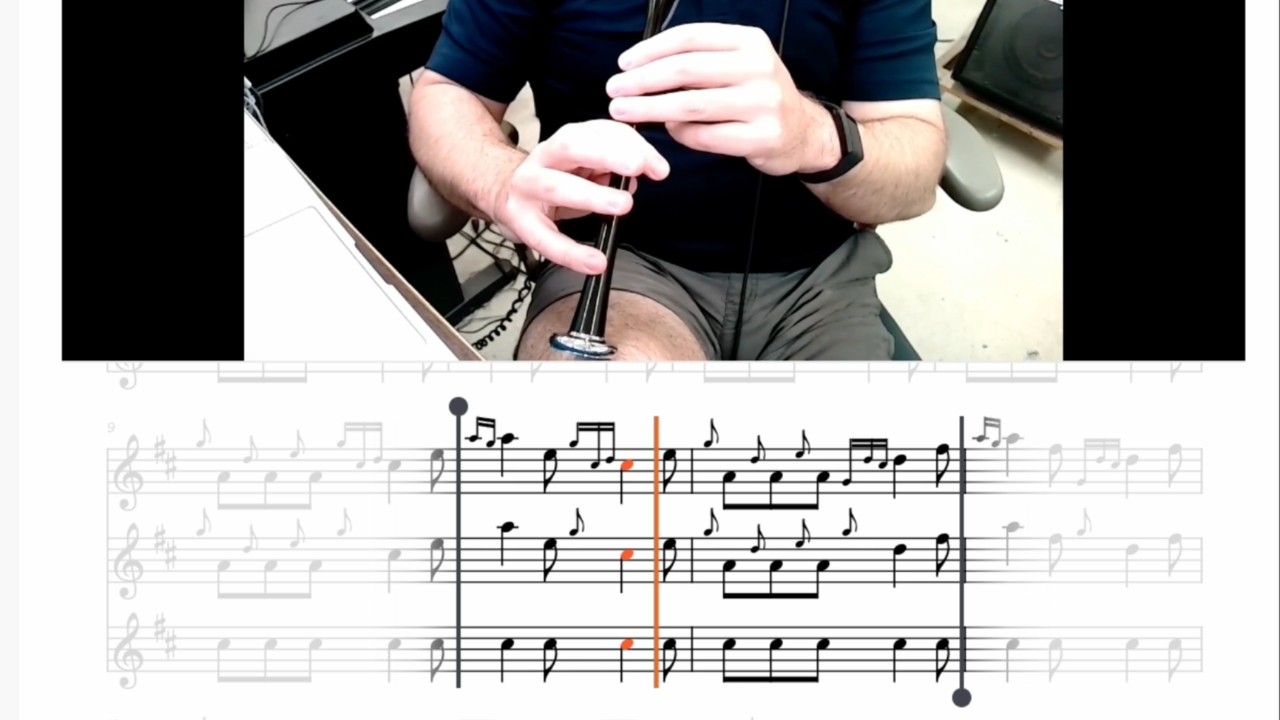Finding and Getting Paid for Gigs
May 22, 2024
Once you’ve been playing for a while, it can be a logical next step to turn your piping hobby into a side hustle – or perhaps even a full-time profession, depending on where you live.
But how do you know when you’re ready to start charging money for gigs? How much should you charge when you do? And how do you even find gigs in the first place?
Let’s delve into some of the nitty gritty of how to prepare for, find and get paid for piping gigs.
How do you know you’re ready to play a gig?
I want to present my personal best and aesthetic performance.
Firstly – consider the types of gigs people will pay money for a piper to attend. Regardless of whether they will know the difference between “good piping” or not, can you do the gig – and yourself – justice?
If you aren’t yet confident tuning your own pipes, playing a slow air with consistent tone, or playing without crossing noises in your best rendition of Amazing Grace, you may want to work a bit more on your fundamentals before you put yourself out there as a piper for hire.
Working out the right price
We’re not going to play gigs and make a loss – it has to be worth it.
Supply and demand – if there aren’t a lot of pipers, but a lot of demand, you can charge more.
Tip 1: Don’t undercut others – pick a rate and make it worth your time. Better to play
Tip 2: You’re not charging for the gig time – you’re charging for time to get there, get uniform ready, get instrument warmed up, plus the time you’ve put into learning in the first place (highly specialised work).
Tip 3: Not all gigs are created equal. You may need a customised scale for charging. My rate for weddings is much higher – and it’s not the wedding tax. Weddings generally involve a much more involved client, a rehearsal dinner, time on the ground, playing for an entrance and a reception, and maybe even a n afterparty. If you have to learn new music, charge for that. Funerals are half the charge – usually much easier gigs, one and done, plus you’re helping a family through a difficult time, so because it’s easier and altruistic you can help.
How do you find gigs?
Many places like gig salad, boosting SEO, posting on local community pages, reaching out to local churches, wedding venues, and funeral homes.
All depends on how much you want to do gigs.
Get to know other gigging pipers in your area – you can give gigs to each other when you can’t do it (help others to help yourself). So rather than competing, treat local pipers like a network – everyone plays more, and no-one ever turns down a client, so it makes you attractive to professionals like booking agents, funeral homes, and the like. You can also get used to each others’ rates and offer other pipers as a recommendation for a solution rather than refusing to budge on price. Plus if there’s a time you’re busy or it’s a very unattractive time like mid-winter and you don’t want to do a gig, you can pass over to others. .
If you’re in an area with plenty of great pipers and not too much demand for pipers, this can be challenging – but like in most pursuits, if you stick to your pricing and back your choices, you will get gigs you want.
Offering a great service at the gig
Set expectations from the beginning. Put your recommended tunes on your website, with audio examples of what you sound like playing those tunes. That will make them less likely to play some obscure tune you don’t know, or a tune that doesn’t really work on bagpipes, and saves you a ton of work.
Advise the client that you should have breaks. First, you as a player will need breaks so you don’t tire and your pipers don’t wear out – but equally, pipes are loud and even if the client thinks they want pipes the whole time, it’s not enjoyable for the guests. So perhaps suggest you’ll play on and off for 15 minutes so it provides the ambience but also gives everyone a break.
Also, standing stationery is much better than moving around. Lots of variables can go wrong – you can trip, more choreography means you’ll need to go to rehearsals, which costs more money.
But of course, if someone wants bespoke stuff, make sure you charge for your service – learning tunes, etc – what it costs to do a great job.
Also, make sure you introduce yourself to the other service professionals – DJ, photographer – not just to be pro on the day, but so you can get a copy of photos of you on the job, coordinate better for afterparty (charge for this if you do it), and if someone asks you to do something off the cuff, if you haven’t set the expectation from the outset, you may feel guilty on the day and then one party is resentful.
Funerals – some pipers enjoy hanging around to pay respects and generate more business, but sometimes it can be a great idea to figure out where to park a bit away from the graveside (near and pointing towards the exit) – you can even organise to play while slow marching off into the distance, and then disappear over the hillside, where your car is conveniently parked and you can just drive away. Church and graveyard are two separate charges – make sure you charge appropriately. 1 min on, 2 mins off for the whole time.
I wanna make sure for a funeral that I charge enough money that I feel dedicated to doing a great job, and not resentful that I’m not being compensated appropriately for my time.
After the gig
Follow up with a thank you email – obviously adjust your tone appropriately for the event, but by following up with the client, you’re reminding them of your service, and if it’s appropriate, you can also request Google or website reviews, testimonials, or photos and videos of the event that you can use to promote yourself for future gigs.
Check out Andrew and Jim's conversation about this topic:
Stay connected - subscribe to our free Weekly Digest!
Get bagpipe knowledge delivered to you every Monday! Tips and tricks, podcasts, special offers, and more.
We hate SPAM. We will never sell your information, for any reason.




